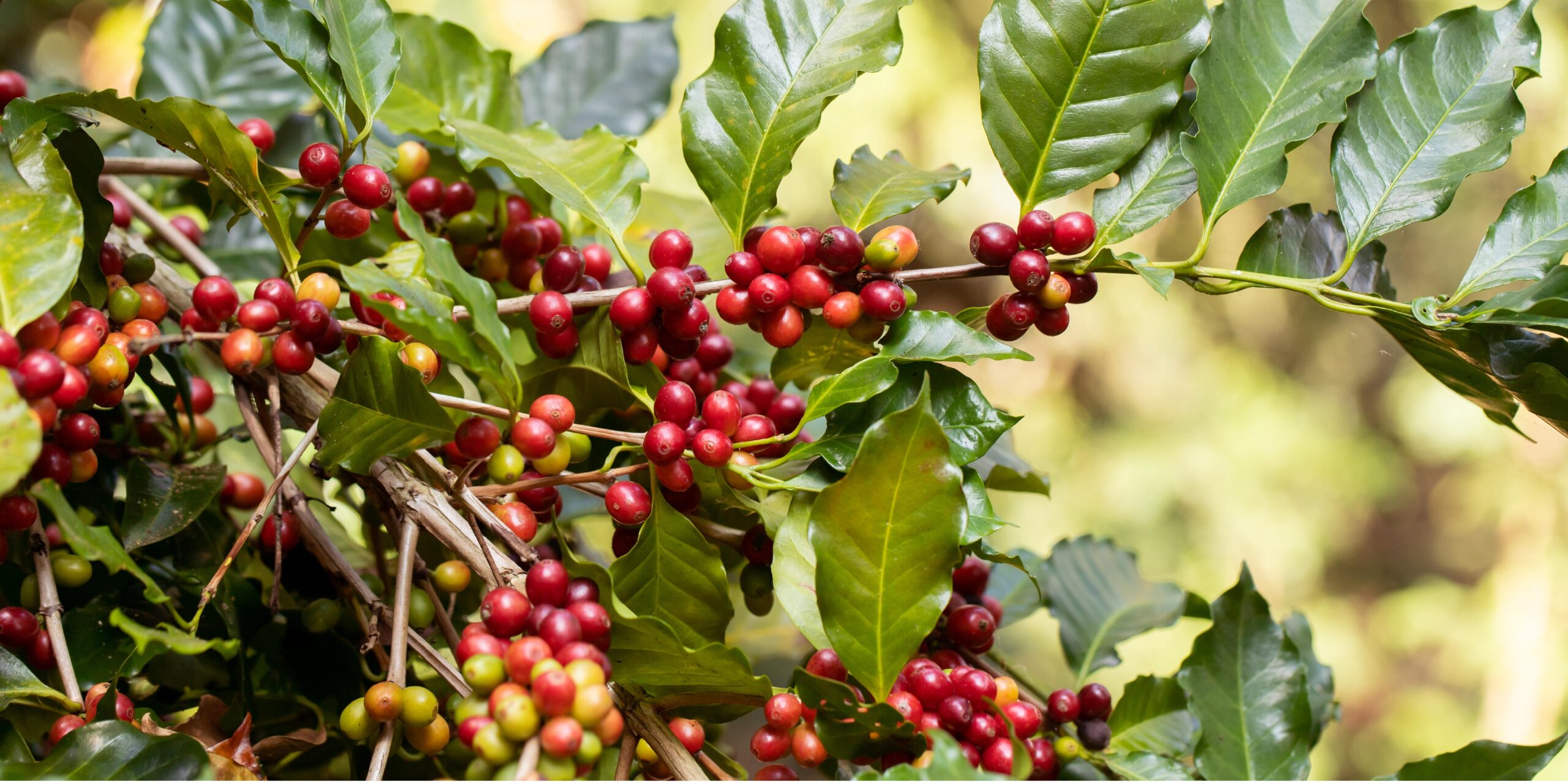
Coffee News: The C Market’s Impact on Specialty Coffee
If you’ve been keeping up with the coffee industry, you’ve probably heard about rising market prices. One major headline in 2025 is the surge in C market prices, which have reached record highs this year. So, what does this mean for the specialty coffee world, and for you as the customer? Let’s talk about it!
First, What is the C Market?
A lot of people assume the “C” stands for “coffee” or “commodities,” but it actually refers to “Centrals”—named after the origin of the market. The C market was established in 1968 by Arabica coffee producers from Central America, who wanted to differentiate their coffee from Brazilian production, which had dominated the global market. As the C market gained popularity, other countries—including Brazil—joined in, and it eventually became a global standard for pricing commodity-grade Arabica coffee.
Coffee is traded on the Intercontinental Exchange (ICE), a centralized commodities market that also includes sugar, cocoa, gold, wheat, and more. Like these other commodities, coffee prices on the C market are driven by supply and demand.
We could write an entire blog series on how the coffee market functions, but it would likely be very long and maybe a little boring, so for now, let’s keep it simple and focus on how these market shifts affect specialty coffee.
How Does the C Market Affect Specialty Coffee?
The C market typically does not directly affect specialty coffee pricing. Specialty coffee prices are more often based on quality, scoring, and availability. Once a coffee is harvested, it’s graded on a 100-point scale. Coffees that score above 80 typically qualify as specialty. You can read more about the grading process here.
Often, specialty coffee is sold as direct trade, rather than being traded on the C market. This way, farmers can set their own prices depending on the many factors listed above and can make a fair wage for their labor. Coffee roasters like Baba Java can then purchase directly from the farmer, or through an importer, to ensure that we are sourcing our coffee ethically and paying a fair amount.
Some high-end specialty coffees may be traded by auction. These are rare, expensive coffees that can be traded for hundreds of dollars per pound. In February at World of Coffee Dubai, a Geisha variety from Panama sold at auction for $4,545 per pound!
That said, C market trends can have indirect effects on cost. When the price of commodity-grade coffee climbs closer to that of specialty coffee, buyers may begin to consider upgrading to better-quality lots. This increase in demand can push specialty prices even higher.
To put this into perspective, in September 2023, the C market price was around $1.53 per pound. By February 13, 2025, it had skyrocketed to $4.25 per pound, and as of April 17, it remains high at $3.75. That’s an astonishing 145% increase in just 19 months!
These drastic increases have a ripple effect across the entire supply chain, from producers to roasters to your favorite local café. So, what do we do with these drastic price increases? Most importantly, what does this mean for you as the consumer?
What Does This Mean for You?
The most noticeable impact will be on prices. Unfortunately, if it hasn’t already, the price of your favorite bag of beans or coffee drink will likely rise. It’s not ideal, and we certainly don’t enjoy raising prices—but with the current market climate, it’s becoming necessary.
At Baba Java Coffee, we’re committed to maintaining ethical sourcing, transparency, and offering coffees at multiple price points to remain accessible to as many people as possible. We always strive to strike a balance between sustainability and affordability.
We hope this breakdown helps you better understand why Baba Java Coffee and other coffee companies may have to raise prices. We work very carefully to have price points that are manageable for our customers. We appreciate your loyalty during this tough season for the specialty coffee industry and as always, we look forward to serving you excellent coffee!
